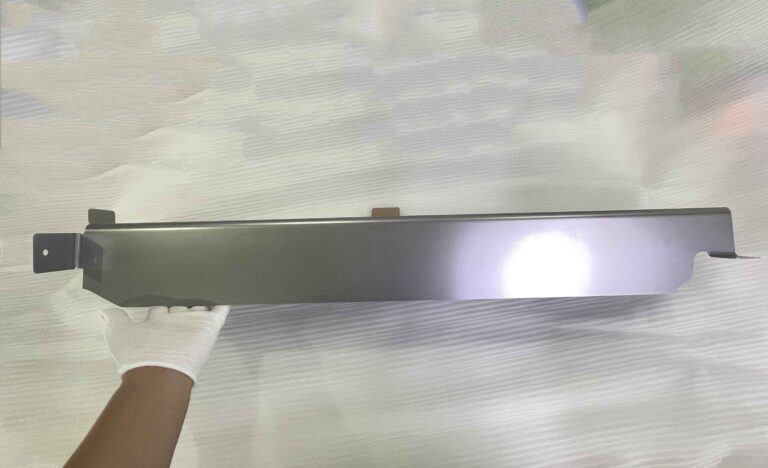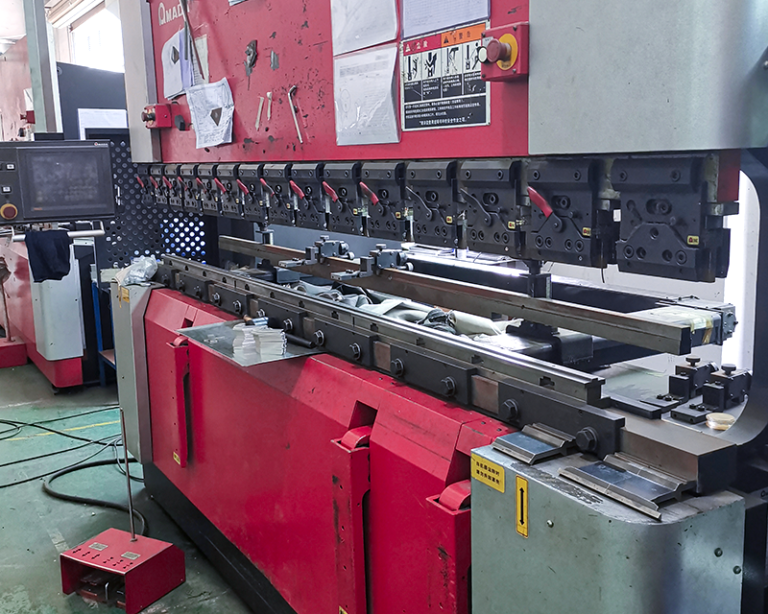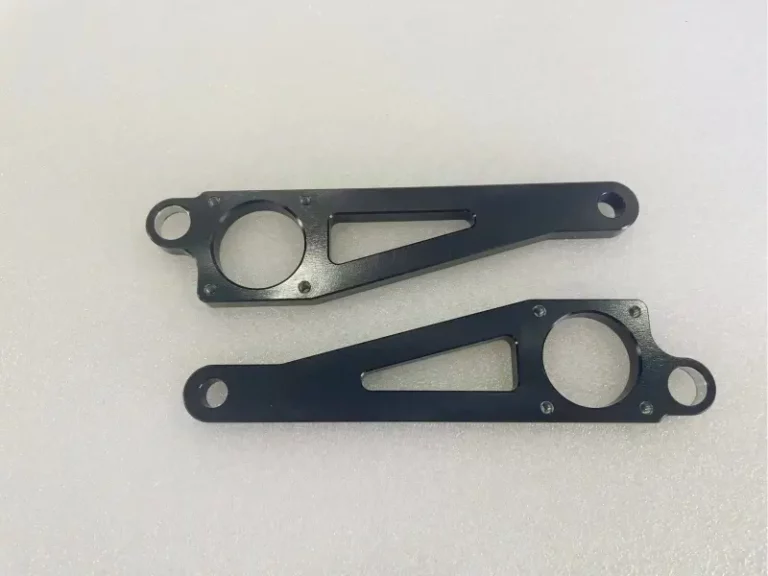RECENT POSTS
Share:
- March 14, 2025
Table of Contents
Printed Circuit Boards (PCBs) are an essential component in virtually all electronic devices today. Whether it’s the smartphone in your hand or the computer on your desk, PCBs are the silent operators that bring these devices to life. At the heart of this critical industry are PCB factories, responsible for designing, manufacturing, and testing these intricate boards to meet the growing demands of technological advancement.
What are PCB Factories?
PCB factories specialize in producing the intricate boards that connect various electronic components in devices. These factories employ a combination of automated processes and skilled labor to ensure the mass production of reliable and efficient PCBs. The process begins with the design of the PCB, usually handled by engineers who lay out the circuit paths. The design is then transferred to a manufacturing phase where the PCB is physically created, and finally, it undergoes testing to ensure that it performs as expected.
PCB factories have evolved significantly over the years, especially with advancements in automation, robotics, and computer-aided design (CAD) software. These innovations allow factories to produce more complex and high-density PCBs, which are in demand as electronics become smaller and more powerful.

Key Trends in PCB Factories
- Automation and Smart Manufacturing: Modern PCB factories increasingly rely on automation to streamline processes and reduce human error. Robotic arms and automated systems now handle delicate tasks such as component placement, soldering, and even inspections. This trend toward smart manufacturing not only speeds up production but also improves the precision and reliability of PCBs.
- Environmental Responsibility: PCB production, like many industrial processes, can have a significant environmental impact. However, many PCB factories are making strides toward sustainability. This includes implementing recycling programs for waste materials, reducing energy consumption through energy-efficient machinery, and using less harmful chemicals in the production process. Environmental certifications are also becoming more common, with some factories adopting practices to align with global standards.
- Miniaturization and Complexity: As the demand for smaller, faster devices grows, PCB factories are under pressure to produce boards with more functionality in smaller spaces. High-density interconnect (HDI) technology allows factories to create PCBs with more layers, finer traces, and smaller vias. These advancements are crucial for industries such as telecommunications, automotive, and medical technology, where size and efficiency are critical.
- Global Supply Chain Challenges: In recent years, PCB factories have faced challenges due to disruptions in the global supply chain. From shortages of raw materials like copper to logistical delays, these obstacles have forced many factories to rethink their sourcing strategies. As a result, some are moving towards more localized production or diversifying their supply chains to mitigate risks. This shift not only helps to stabilize production but also reduces dependence on a single region for essential materials.
- Customization and Flexibility: While mass production remains a core function of many PCB factories, there is an increasing demand for customized PCBs tailored to specific applications. Whether for aerospace, medical devices, or consumer electronics, PCB factories are now more capable than ever of producing specialized boards. This shift toward customization requires factories to be more agile and adaptable, offering clients the flexibility to design unique boards that meet exact specifications.
Conclusion
PCB factories are the unsung heroes in the electronics industry, continuously adapting to meet the evolving needs of various sectors. From leveraging automation and smart manufacturing to responding to global supply chain challenges, these factories play a pivotal role in driving technological progress. As the demand for more compact, efficient, and environmentally friendly electronics grows, PCB factories will continue to innovate, ensuring that the devices we rely on every day remain cutting-edge.
0


